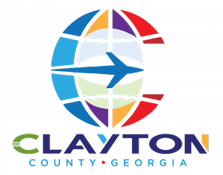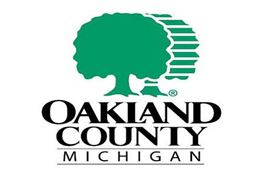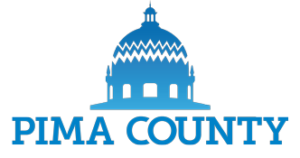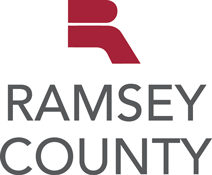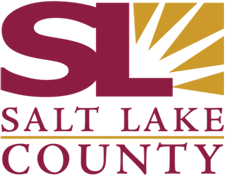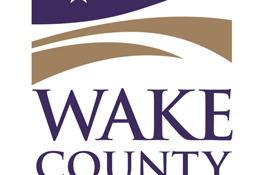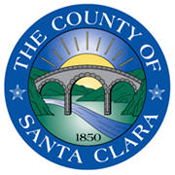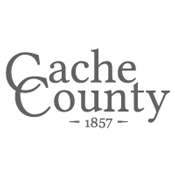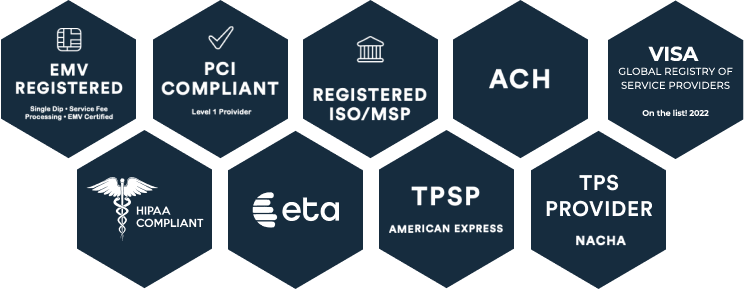What Is a Payment Platform?
A payment platform refers to a digital infrastructure that enables the processing and facilitation of financial transactions, allowing seamless exchanges of funds between various entities. Payment platform technology serves as a central hub for managing payments, offering a secure and efficient means of conducting transactions in the digital space.
Payment platforms play a vital role in enabling government organizations and businesses to accept payments, manage transactions, and offer a seamless payment experience for consumers.
The Role of a Payment Platform
As citizen expectations evolve, payment platforms are integral in the modern financial landscape to facilitate digital transactions among businesses, government organizations, consumers, and financial institutions. The platform acts as an intermediary, providing a secure environment for the transfer of funds that ensures confidentiality and the integrity of financial data.
By reducing reliance on traditional paper-based methods, payment platforms contribute speed and efficiency to modern financial processes. These systems can support various payment methods, including:
- Credit and debit cards
- Digital wallets
- Mobile payments
- E-checks
- Bank transfers
- Cash
Payment platforms are often used by businesses, governments, and other organizations to streamline the payment experience. This fosters a diverse and accessible transaction ecosystem, as well as provides advanced tools that help organizations gain insight into financial data and make informed decisions.
What Are the Benefits of a Payment Platform?
The adoption of payment platforms presents a myriad of advantages for organizations and citizens alike. For organizations, these platforms offer:
- Convenience: Automated payment processes reduce the need for manual intervention.
- Enhanced Efficiency: Swift transaction and processing times contribute to a frictionless experience.
- Reduced Cost: Payment platforms can entail lower transaction costs than traditional methods.
- Increased Reach: Organizations can expand and cater to a broader citizen or consumer base.
- Improved Cash Flow Management: Faster processing facilities quicken access to funds, enabling timelier decisions.
For citizens and consumers, the benefits include:
- Convenience: Bill payment platforms enhance the payment experience by featuring user-friendly interfaces and the ability to make transactions anytime and from anywhere.
- Security: Robust encryption technology ensures financial data remains confidential and protected from unauthorized access.
- Multiple Payment Options: A variety of payment methods provides flexibility that caters to individual needs and preferences.
- Instant Transactions: Payment speed enables instantaneous transactions, eliminating delays often associated with traditional methods.
Payment platforms facilitate real-time transactions, resulting in instant confirmation of payments. This contributes to overall operational efficiency for businesses and government municipalities while providing consumers with a quick and seamless payment experience.
What Are the Common Challenges of a Payment Platform?
While payment platforms offer unprecedented convenience, they can present some challenges:
- Integration: Some municipalities confront challenges when integrating payment platforms with existing systems, including legacy systems. This may be due to compatibility or the complexity of application programming interfaces (APIs).
- Regulations: Adapting to evolving regulations and ensuring compliance with varying legal frameworks in a dynamic regulatory landscape can be a resource-intensive process.
- Scalability: As payment systems grow, it can be challenging to handle increased transaction volumes while ensuring speed and performance remain uncompromised.
- Transaction Fees: Transaction fees can be perceived as an additional cost, both by organizations and citizens, resulting in a need to carefully evaluate fee structures.
- Security: Payment platforms must continually invest in security and authentication technologies to safeguard sensitive data and proactively address potential security vulnerabilities.
Addressing these challenges is crucial for a positive user experience and sustained organizational success. Payment platforms often have built-in strategies and solutions to overcome these challenges.
What Are Payment Platform Companies?
Payment platform companies provide services that enable governments to accept payments and consumers to make secure and convenient transactions across various channels.
A payments company may offer several payment processing solutions and tools, including:
- Payment gateway services
- Kiosk services
- APIs for processing payments
- Subscription management
- E-commerce capabilities
- Peer-to-peer transactions
- Automated payment reconciliation
Payment platform companies operate across diverse industries, supporting online and in-person payments. The choice of a payment platform often depends on factors such as the type of business, geographic reach, and specific payment needs.
What Are the Advantages of Payment Platform Companies?
Payment platform companies offer a multitude of advantages that contribute to the efficiency, security, and accessibility of financial transactions:
- Seamless Integration: Payment platform companies help organizations adapt and scale their operations more easily with integrations designed to accommodate various needs.
- Diverse Payment Methods: They offer support for various payment methods, including credit/debit cards, digital wallets, and bank transfers.
- Security and Encryption: A payments company must invest in security measures such as encryption technologies and multi-factor authentication to ensure the confidentiality and integrity of transactions.
- Fraud Prevention: These companies use strategies such as tokenization, geolocation, velocity checks, and behavioral analytics to add additional layers of protection and verification, flagging suspicious transactions for review.
- Adaptability and Innovation: Payment platform companies stand at the forefront of technological advancements in the world of digital payments, allowing government municipalities to offer cutting-edge solutions and features that align with growth.
- Improved Customer Experience: Companies behind payment platforms prioritize a user-friendly experience to provide organizations and consumers with a convenient and accessible interface.
Payment platform companies can cater to municipalities of all sizes, from startups to enterprises and branches of government, and their benefits extend to users, allowing access to the same efficiency, security, and accessibility features. These advantages benefit both the government and its citizens in a modernized digital economy.
What Are the Common Challenges of Payment Platform Companies?
Despite the numerous advantages, payment platform companies face certain challenges that necessitate ongoing innovation and strategic management:
- Security Concerns: Payment platform companies are prime targets for cybercriminals. This means a payment company must remain vigilant and invest in advanced security measures to prevent data breaches.
- Dynamic Regulation Requirements: Achieving and maintaining compliance with diverse regulations involves considerable effort, especially in complying with legal requirements across various jurisdictions. This requires ongoing updates to adapt to changing regulatory requirements.
- Technological Advancements: The rapid pace of digital technology requires payment platform companies to stay ahead of the curve. This puts pressure on a payments company to remain competitive in an evolving marketplace.
- User Interface Design: Catering to diverse user preferences and abilities requires continuous attention to user experience design. These companies must regularly enhance their interfaces and features to retain user attention and evolve with consumer demands.
Navigating these challenges requires payment platform companies to take a strategic and adaptive approach. Continuous innovation is necessary to address security concerns, comply with regulations, and enhance the user experience.














